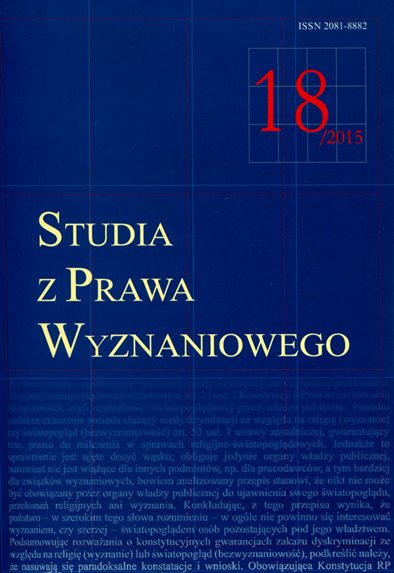
Floating territories of Religion(s): shifting paradigms, erratic theories, and volatile realities?
This paper attempts to outline the issue of “territory”, and other related conceptual categories such as “space”, in religious studies. Based on recent as well as older publications, it critically addresses current debates on the ambiguous status of “territory”. In such discussions, the world is generally described in terms of cultural and religious flows, subjected to deterritorialization processes. However, relocating “space” and “territory” to the forefront of Social Sciences and Religious Studies is urgent, as evidenced empirically and theoretically: it appears that opposing the shifting paradigms of “deterritorialization” on the one hand, and “spatial turn” on the other, stems from epistemological inaccuracies, rather than from a solid ground of empirically-observed religious realities. Hence, this paper offers a series of critical rejoinders to the opposed paradigms of “deterritorialization” and “spatial turn” in religious studies.
More...